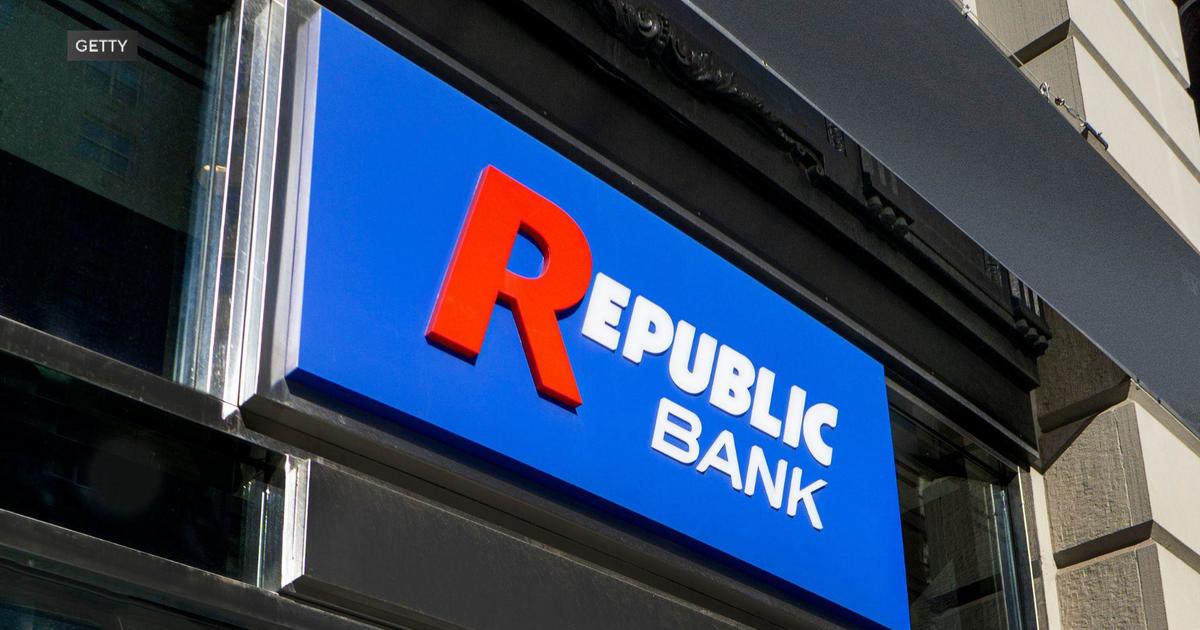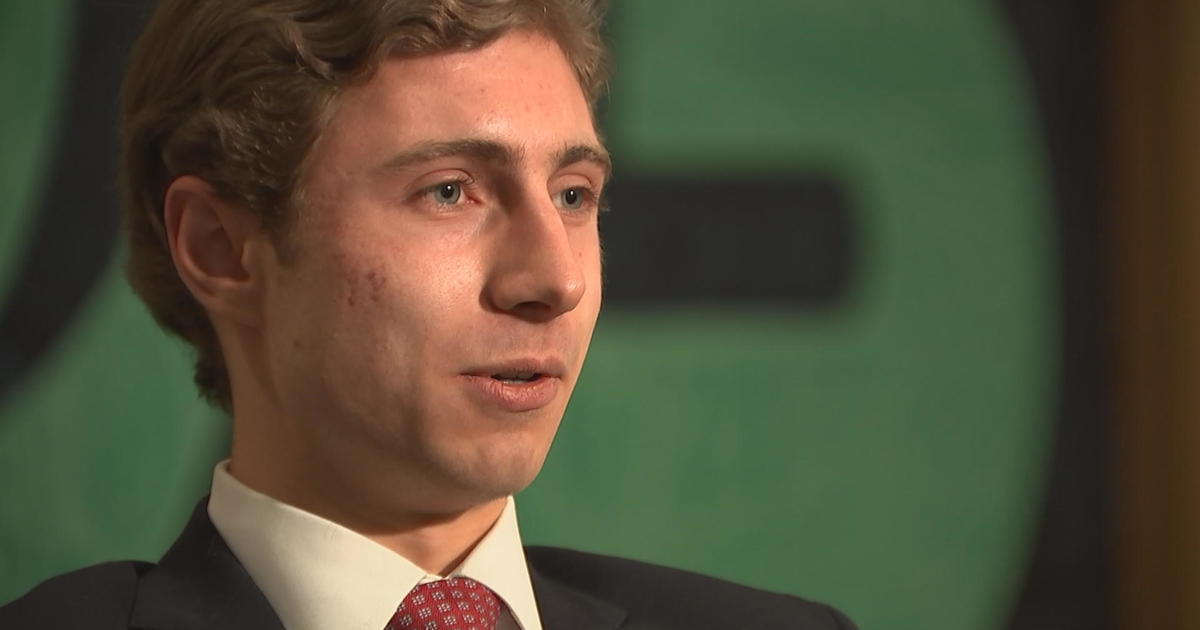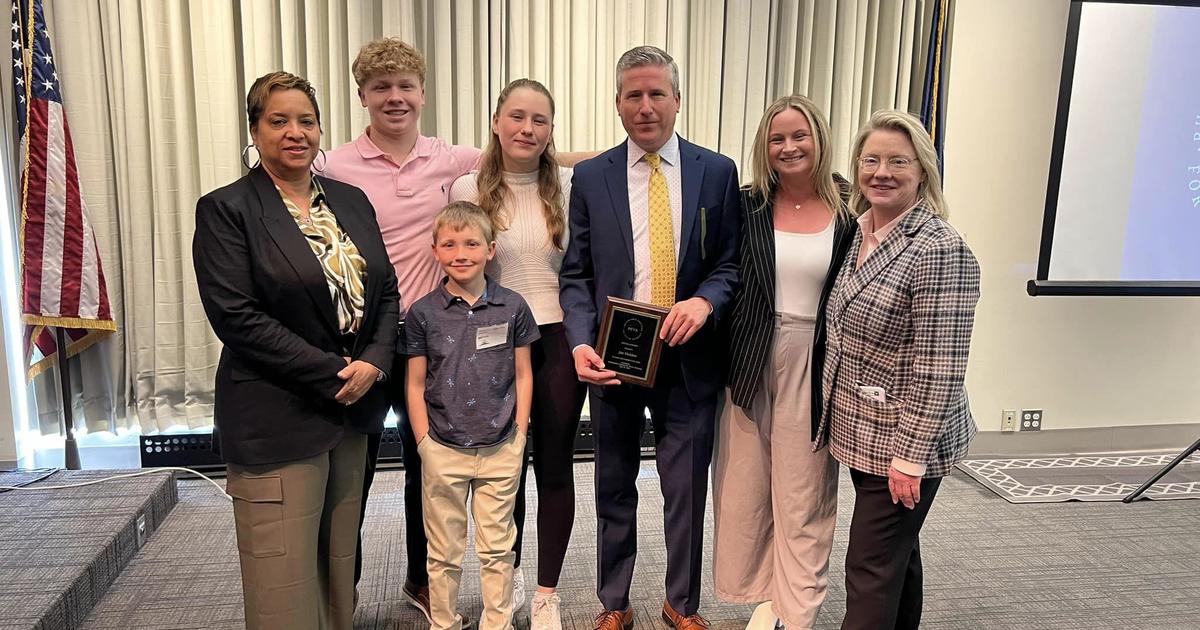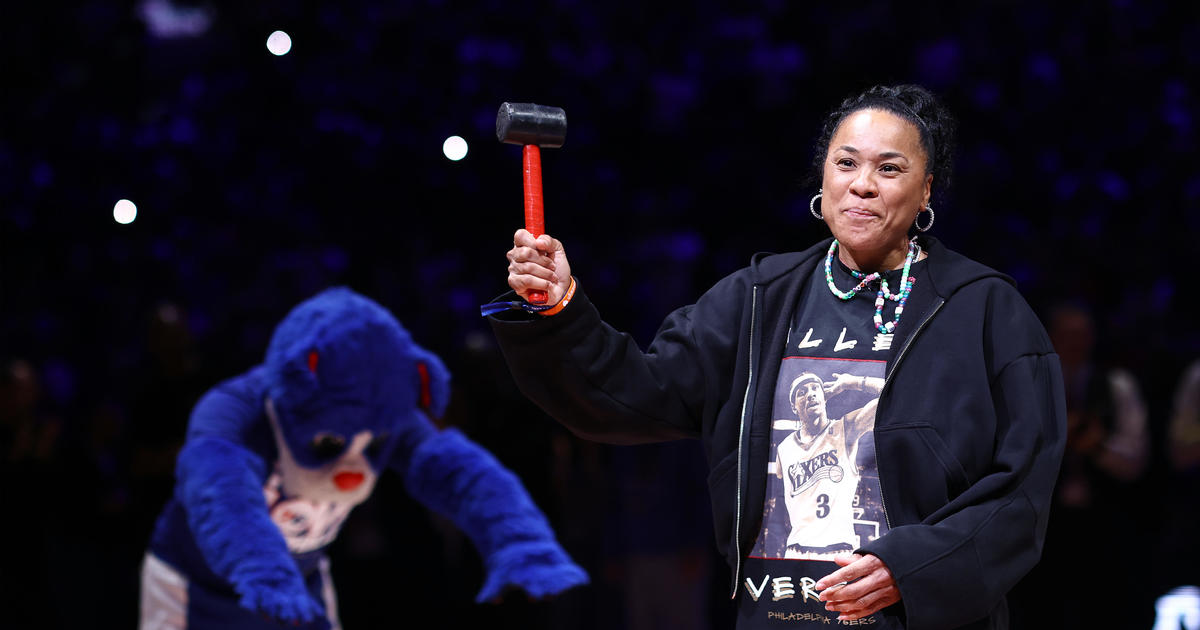Tesla to open part of charging network to other EVs, as Biden officials announce latest steps in expansion of charging stations
Biden administration officials announced a significant step Wednesday in moving the U.S. toward a more expansive and cohesive network of EV charging stations.
Part of the move includes a major concession from EV market leader Tesla, which owns and operates an extensive network of proprietary "superchargers" for its cars. But now, White House infrastructure coordinator Mitch Landrieu says the Elon Musk-led company has agreed to open part of its charging network to non-Tesla vehicles.
"These recent and new commitments will make more public chargers available for all EVs," Landrieu said Tuesday on a background call with reporters. "With announcements like today's and the overall growth we're seeing, it's clear that this administration is making incredible progress towards building our electric future."
Some $7.5 billion from the Infrastructure Investment and Jobs Act will be spent on building out a network of 500,000 EV chargers across the country. A key requirement for EV chargers backed by federal funding is that they must provide charging access for any electric vehicle. Had Tesla opted to limit the use of its supercharger network to Tesla's with its proprietary connector, it would have been ineligible to receive federal funds to expand its network with government support. A White House official confirmed that Tesla will be able to obtain federal funds for some 7,500 chargers that it expects to open up to non-Tesla vehicles by the end of 2024. Those chargers will have to be outfitted with adapter connections to allow any EV to use the chargers.
On Wednesday, President Biden publicly acknowledged Musk's contribution to the charging network in a tweet.
"In building our EV charging network, we have to ensure that as many chargers work for as many drivers as possible," he wrote. "To that end, @elonmusk will open a big part of @Tesla's network up to all drivers. That's a big deal, and it'll make a big difference."
Landrieu added that the White House has been in contact with Tesla and other companies in coordinating plans to build out the EV charging network. The announcement also included partnerships between GM and EV charging station company FLO to construct up to 40,000 Level 2 chargers, along with a deal between Hertz and BP to build out charging stations at Hertz locations in major cities. Other automakers like Ford, Mercedes and Volvo are also supporting the effort either through partnerships or direct investments. In all, the White House says some 100,000 public chargers will begin to be added across the country beginning as soon as 2024, as result of the announced plans.
One goal is to ensure that EV drivers will have the ability to drive across the country and easily find a reliable charger. It's a goal that remains a challenge for many EV drivers. Transportation Secretary Pete Buttigieg says ease of use is a major priority for the construction of the charging network.
"No matter what EV you drive, we want to make sure that you will be able to plug in [knowing] the price that you're going to be paying and charge up with a predictable and user-friendly experience," said Buttigieg, who was also on the background call with Landrieu. "Just as when you are filling up with gas today, you know that the experience will be broadly consistent, regardless of your location and regardless of the vendor," he added.
Officials on the call also outlined a "build America, buy America" requirement for EV chargers supported with federal funds that mandates manufacturers ensure final assembly of the chargers takes place within the U.S. By July of next year, builders will also need to ensure that 55% of component costs are sourced domestically as well.
The new development comes as the White House works to ramp up its clean energy priorities that would call for spending billions in funding and incentives for states, businesses and consumers in order to curb greenhouse gas emissions. The Infrastructure Investment and Jobs Act includes $7.5 billion in funding for EV charging, $10 billion for clean transportation, along with $7 billion for battery components for EVs. Buyers of new and used EVs could also receive a key tax credit funded by the Inflation Reduction Act, which includes $369 billion to fund projects aimed at reducing the effects of climate change. The Biden administration has set a goal for EVs to make up half of all vehicles sales in the U.S. by 2030 and to reach net-zero emissions by 2050.



